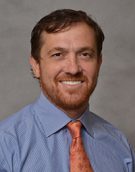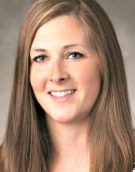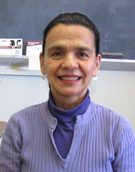APRIL 2021 Dairy workers in the country face considerable occupational risks and hazards in their daily operations. As essential workers, the risk of contracting
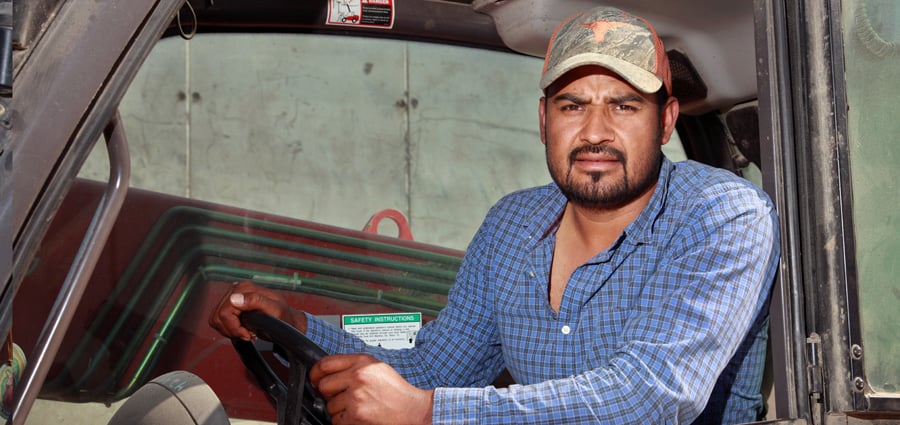
Project Description
RELATED PROJECT:
Seguridad en Las Lecherias: Immigrant Dairy Worker Health and Safety
Dates: 2016 – 2022
Immigrant workers are important to the economic sustainability of dairy production in the United States. Yet, this population often lacks adequate training due to cultural and language barriers.
Our project goal is to improve the occupational health and safety of Minnesota’s growing immigrant dairy workforce. This will involve incorporation of a One Health approach, employing a multidisciplinary team of clinicians, veterinarians, producers, workers and community health centers. It will build on previous efforts that successfully implemented a train-the-trainer safety and health curriculum for immigrant workers and applied the a community health worker (CHW) model (See Seguridad en Las Lecherías: Immigrant Dairy Worker Health and Safety).
Successful execution of these aims will be supported by coordinating activities with key stakeholders and UMASH collaborators to address project challenges, share results and maximize successful strategies. We will enroll 30 dairies in Minnesota who will serve as industry leaders. In addition, we will provide intensive training to 300 to 450 workers as well as suport, CHWs on these dairies, incorporate accessible health care through Community Health Service Inc., and train veterinarians to assess potential hazards and train workers/producers in ameliorating those hazards, especially as it pertains to working safely around cattle. This effort will serve as national model for preparing the next generation of dairy employees and producers. This project addresses several strategic goals (2-5) of the National Occupational Research Agenda for Agriculture, Forestry and Fishing, including engaging vulnerable workers, conducting health and safety outreach, communicating and preventing risk, and developing partnerships.
Why is this important?
As producers modernize and expand their operations, immigrant workers play an important role in the dairy industry. Working in U.S. dairies is dangerous. The majority of nonfatal worker injuries on dairy farms are due to interactions with cattle. By engaging the emerging workforce with culturally appropriate materials and using trusted sources (physicians, veterinarians and CHWs), we plan to improve worker health and safety.
The majority of nonfatal worker injuries on dairy farms are due to interactions with cattle.
WATCH A HIGHLIGHT VIDEO
Project goals:
1. Expand and apply the evidence-based findings from the completed UMASH research project, Seguridad en Las Lecherías: Immigrant Dairy Worker Health and Safety to Minnesota dairy operations.
2. Provide evidence-based worker health and safety interventions including general worker health.
3. Train and engage veterinarians to be part of a One Health team for worker health and safety, especially as it pertains to safely working around dairy cattle.
Highlights from this year:
- Partnered with Community Health Services Inc. to provide health screenings, health services, safety and health information to dairy workers, farmers and their families. This is done in conjunction with their mobile clinics on dairy farms in SE Minnesota.
- Recruited additional dairy farms for health and safety training. Eleven farms are enrolled with 144 workers.
- Engaged veterinarians as part of the dairy farm health and safety team. This includes developing and field testing a safety audit tool for veterinarians to assess safe animal handling practices and infectious disease exposures on dairies. This tool is being revised. The revised tool would allow veterinarians to provide tangible farm assessments to producers in a simple, understandable format.
- Revised and updated training and educational materials. This includes developing written training guides for producers on positive animal handling techniques aligning with our current UMASH videos. This offers an additional training tool for producers. Items incorporated for worker training by producers include learning objectives, teaching activities, and post-training assessment options.
- Engaged community and industry leaders to raise awareness and support farm recruitment. This includes dairy inspectors, dairy supply sales, nutritionist, etc.
Next year’s activities:
- Continue to recruit dairy farms.
- Further integrate and engage veterinarians into the health and safety team.
- Partner Veterinary Public Health Residents with Industrial Hygiene graduate students to develop and field test a Safety audit tool for dairy producers.
- Integrate mobile health promotion clinics with existing health structures to support continued care of workers including mental health assessment and resources. Seek additional funds to support mental health resources for immigrant dairy workers in combination with Community Health Services Inc. and Migrant Clinicians Network.
Project News
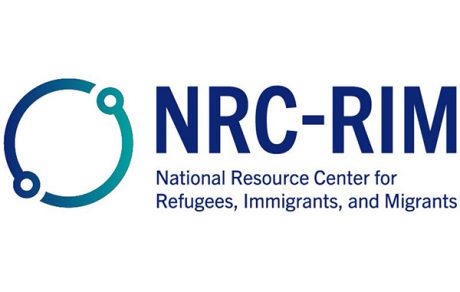
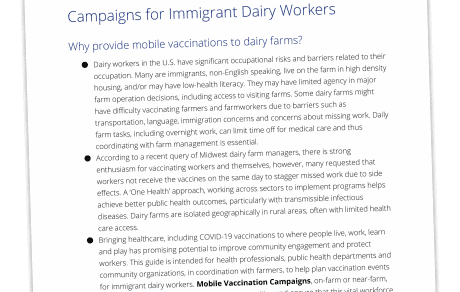
Mobile COVID-19 Vaccinations and Immigrant Dairy Workers
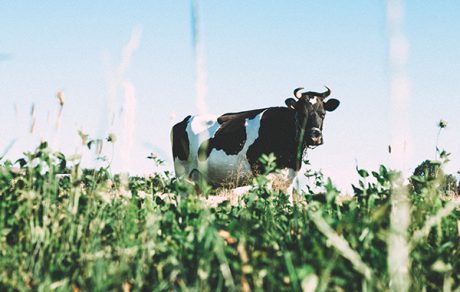
SPOTLIGHT: Being essential – What does that mean for dairy farms?
APRIL 2021 Essential: [noun] Something necessary, indispensable, or unavoidable Since COVID-19 arrived a year ago, the word essential has become a common
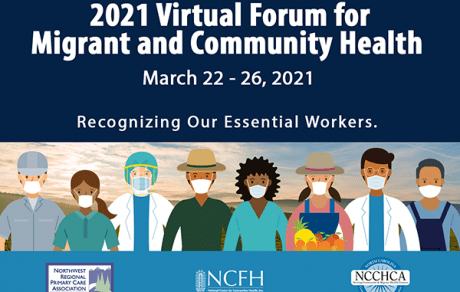
Recognizing our Essential Workers
MARCH 2021 The Virtual Migrant and Community Health Conference: Recognizing Our Essential Workers was held the week of March 22 – 26, 2021. The Promoting

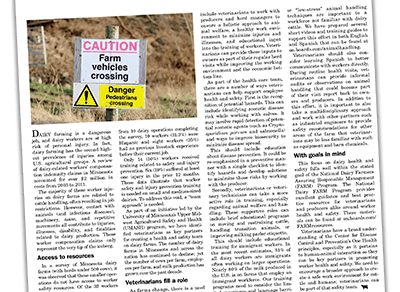

SPOTLIGHT: Safety Should be a Team Sport in Dairies
MAY 2020 Dr. Gus Brihn is a Veterinary Public Health and Preventive Medicine Resident with the Center for Animal Health and Food Safety at the University
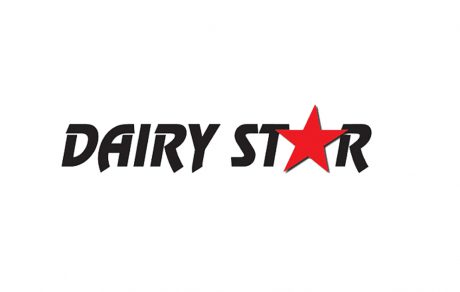
Dairy Star Highlights Promoting Worker Health and Safety for Immigrant Dairy Workers
MAY 2020 The Promoting Worker Health and Safety for Immigrant Dairy Workers project was recently featured in the May 11, 2020 Dairy Star. The story highlighted
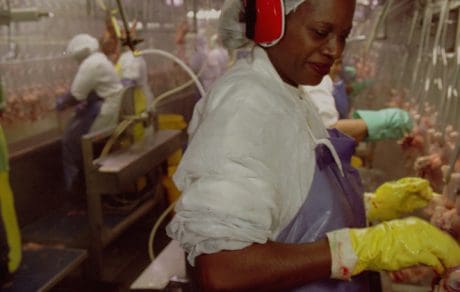
Worker Safety is Safety for All of Us
APRIL 2020 The COVID-19 pandemic has far reaching effects, most recently named are the meat packing plants across the country. Many of the workers are
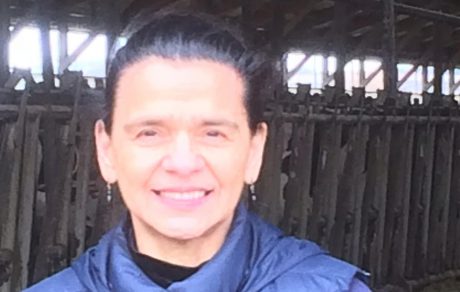
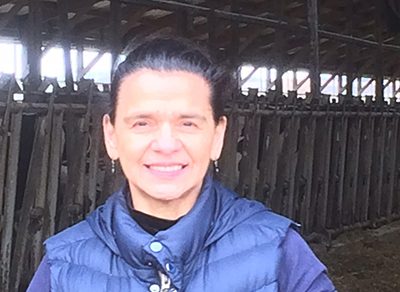
SPOTLIGHT: Training Dairy Workers on Health and Safety
APRIL 2020 Chela Vázquez Coordinator and Trainer vazquezc@umn.edu It’s been two years since I joined UMASH doing trainings on health and safety in
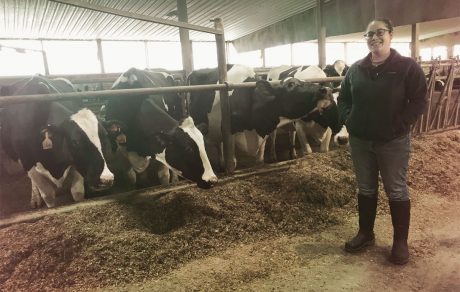
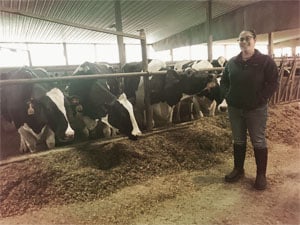
Faces of UMASH: Meet Ana Contreras Smith!
Hello! My name is Ana Contreras Smith. I joined the UMASH team in July as the Dairy Safety Trainer for the Promoting Safety and Health for Immigrant Dairy
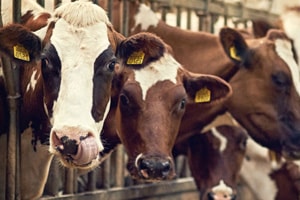
All About Health – Dairy, Mental and Occupational Come Together
The 2019 Dairy Health Conference was held April 17 and 18 at the University of Minnesota – St. Paul Campus. Dairy veterinarians, industry representatives
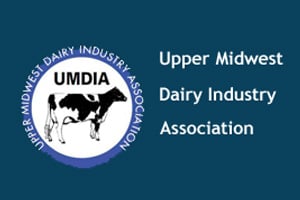
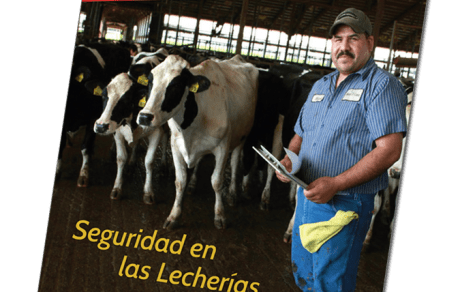
Calm handlers = Calm cows
The 2019 Upper Midwest Dairy Industry Association was held April 16 and 17 in St. Cloud and Rochester, Minnesota respectively. Jeff Bender, co director
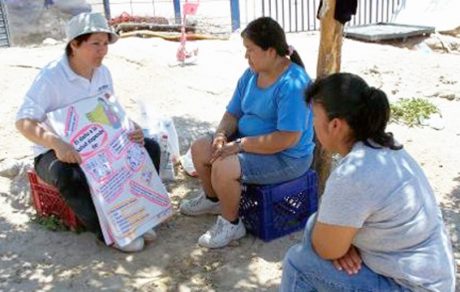
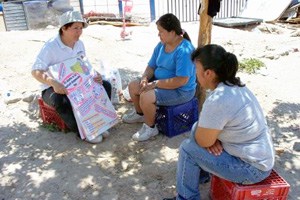
Recognizing One of Our Own – Seguridad en las Lecherías: Immigrant Dairy Worker Health and Safety
The Health Promotion Practice Journal has recognized one of our own - Applying Learning Theory to Safety and Health Training for Hispanic Immigrant Dairy
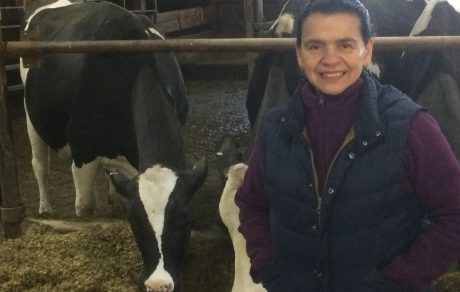
Faces of UMASH: Meet Chela Vázquez
Hello! My name is Chela Vázquez. Hello! My name is Chela Vázquez. In 2018 I began working for UMASH as project coordinator and trainer for the Promoting

Spreading Ag Safety Awareness at the 2018 North American Manure Expo
UMASH staff participated in the 2018 North American Manure Expo, August 15-16 in Brookings, South Dakota.
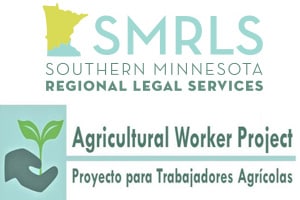
UMASH Meets Agricultural Workers and Rural Latinos in Saint Peter, MN
UMASH joined the Southern Minnesota Regional Legal Services (SMRLS) for a presentation on the Proyecto Para Trabajadores Agrícolas (Agricultural Worker
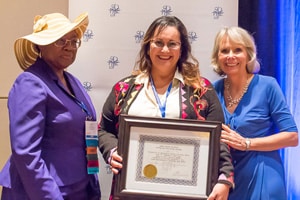
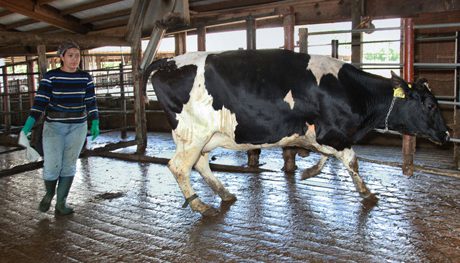
SPOTLIGHT: MCN Publication on Immigrant Dairy Worker Trainings Wins Paper of the Year Award
UMASH and the Migrant Clinician’s Network partnered together to develop, train and deliver the Seguridad en las Lecherías project from 2011 – 2016.
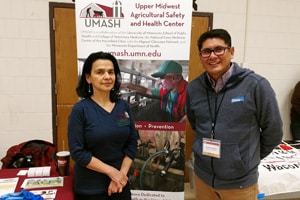
UMASH joins the Tradition – Carver County Dairy Expo 2018
UMASH was invited to exhibit at the Carver County Dairy Expo on February 19, 2018 in Norwood Young America. This was the 26th year of the Expo and a

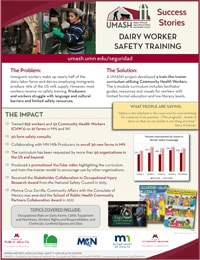
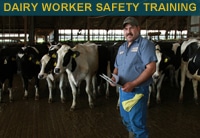 This project uses the award-winning Seguridad en las Lecherias educational model that includes worker training and promotores de salud (or Community Health Workers) to reduce worksite hazards and to improve worker knowledge and practices. This OSHA-approved five-module, bilingual health and safety training curriculum was developed through extensive input from workers, health and safety professionals and researchers. The curriculum includes background sections on each topic and a step by step facilitators guide with visuals either in the form a power point slide presentation or a flip chart. Available in English and Spanish
This project uses the award-winning Seguridad en las Lecherias educational model that includes worker training and promotores de salud (or Community Health Workers) to reduce worksite hazards and to improve worker knowledge and practices. This OSHA-approved five-module, bilingual health and safety training curriculum was developed through extensive input from workers, health and safety professionals and researchers. The curriculum includes background sections on each topic and a step by step facilitators guide with visuals either in the form a power point slide presentation or a flip chart. Available in English and Spanish
